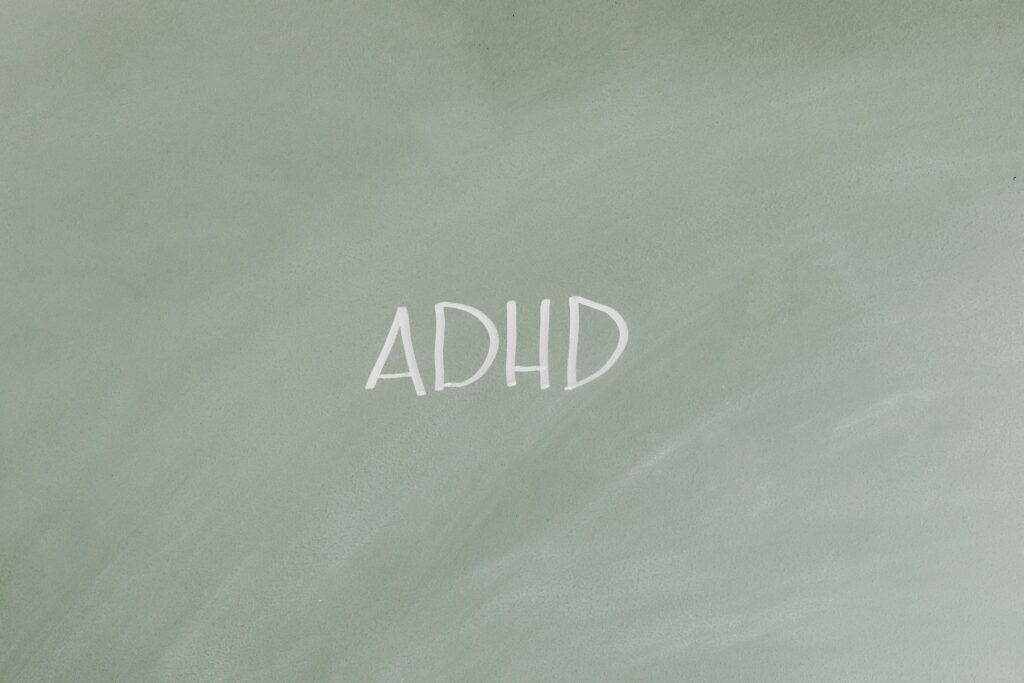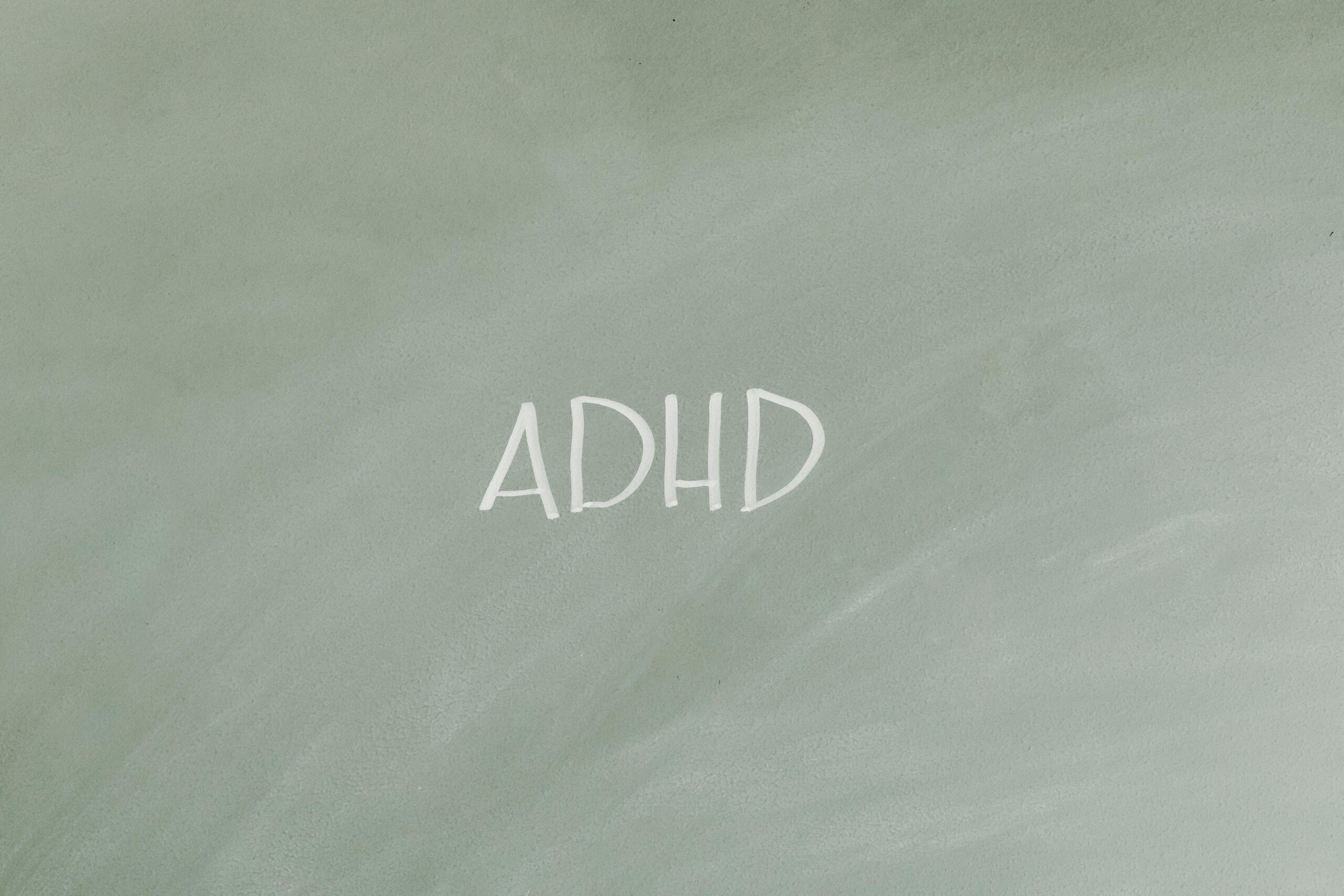Adult ADHD is a condition that can impact every aspect of life, from focusing at work to managing relationships and daily responsibilities. While many people associate ADHD with children, the disorder often continues into adulthood, requiring effective management strategies, including medications for adult ADHD.
Medication plays a key role in treating adult ADHD by helping to improve focus, control impulsivity, and manage hyperactivity. In this guide, we’ll explore the most effective medications for ADHD, including stimulants like methylphenidate and non-stimulants such as atomoxetine, along with emerging treatments you may not have heard about.

What Are the Best Medications for adult ADHD?
When it comes to ADHD treatment, medications are often the first-line therapy. These drugs work by targeting key brain chemicals—dopamine and norepinephrine—that regulate attention, behavior, and mood. Below, we’ll break down the most common ADHD medications into two categories: stimulants and non-stimulants.
1. Stimulant Medications for adult ADHD: The Gold Standard
Stimulants are the most widely prescribed and effective medications for ADHD. They work quickly, with noticeable improvements often occurring within an hour. Let’s look at the most commonly used stimulant drugs for adult ADHD:
Methylphenidate-Based Medications
Methylphenidate is a trusted name in ADHD treatment, with well-known brands like Ritalin, Concerta, and Metadate leading the way.
- How Does It Work? Methylphenidate increases the levels of dopamine and norepinephrine in the brain by blocking their reabsorption. This improves focus and reduces impulsive behaviors.
- Who Benefits? Most adults with ADHD experience significant improvements in concentration and productivity. It’s especially effective for individuals needing fast symptom relief.
- Common Side Effects: Insomnia, decreased appetite, headache, and mild anxiety. These side effects often subside with dose adjustments or the use of extended-release formulas.
Amphetamine-Based Medications
Amphetamine-based medications, such as Adderall and Vyvanse, are another popular stimulant option.
- How Does It Work? These drugs stimulate the release of dopamine and norepinephrine while also blocking their reuptake, providing a slightly different mechanism than methylphenidate.
- Benefits: Long-acting versions, like Vyvanse, offer steady symptom control throughout the day, making them ideal for adults with demanding work or academic schedules.
- Side Effects: Similar to methylphenidate, with additional reports of dry mouth and occasional irritability.
2. Non-Stimulant Medications for adult ADHD: Effective Alternatives
Not all adults with ADHD are candidates for stimulant medications. For individuals with anxiety, a history of substance misuse, or certain medical conditions, non-stimulants provide an effective alternative.
Atomoxetine (Strattera)
Atomoxetine is a non-stimulant approved specifically for ADHD and is especially helpful for individuals who don’t respond well to stimulants.
- How Does It Work? Atomoxetine selectively blocks the reuptake of norepinephrine, which helps improve attention and reduce impulsivity over time.
- Key Advantages:
- Non-addictive, with no known potential for misuse.
- Suitable for people with coexisting conditions like anxiety or depression.
- Side Effects: Fatigue, nausea, dry mouth, and in rare cases, an increase in depressive or suicidal thoughts in younger individuals. It may take 2–4 weeks to see noticeable improvements.
Alpha-2 Adrenergic Agonists (Guanfacine and Clonidine)
Initially developed to treat high blood pressure, these medications have been repurposed for ADHD treatment.
- How Do They Work? They target receptors in the brain that regulate hyperactivity and emotional responses, making them particularly useful for reducing impulsivity and irritability.
- Who Benefits? Often used in combination with stimulants or as standalone treatments for individuals with significant emotional dysregulation.
- Side Effects: Commonly reported issues include drowsiness and low energy, which can be mitigated by adjusting the dosage.
3. Stimulants vs. Non-Stimulants: Which Is Right for You?
Choosing between stimulants and non-stimulants depends on your unique needs, lifestyle, and medical history. Here’s a quick comparison:
| Feature | Stimulants | Non-Stimulants |
|---|---|---|
| Onset of Action | Fast (30–60 minutes) | Gradual (2–4 weeks) |
| Duration | Short-acting to extended-release | Typically long-acting |
| Potential for Misuse | Moderate to high | None |
| Best For | Most adults with ADHD | Adults with anxiety, addiction history, or stimulant intolerance |

4. Emerging ADHD Treatments
The landscape of ADHD treatment is always evolving. One of the newest options is Viloxazine (Qelbree), a non-stimulant medication that modulates norepinephrine and serotonin pathways. While it’s currently approved for children and adolescents, studies are underway to assess its benefits for adults with ADHD.
In the future, advancements in personalized medicine may allow healthcare providers to tailor ADHD medications based on genetic testing, improving outcomes for individuals who don’t respond to standard treatments.
5. Special Considerations for Adults with ADHD
Managing ADHD in adulthood requires a tailored approach. Many adults also deal with coexisting conditions like anxiety, depression, or high blood pressure, which may influence medication choices. Regular follow-ups with a healthcare provider are essential to monitor side effects, adjust doses, and assess the effectiveness of treatment.
Conclusion
Medications for ADHD, whether stimulants like methylphenidate or non-stimulants like atomoxetine, offer significant relief for adults struggling with the disorder. However, medication is just one part of a comprehensive treatment plan. Combining it with therapy, coaching, and lifestyle changes can lead to the best outcomes.
If you’re considering ADHD treatment, consult with a healthcare professional to find the option that best suits your needs. With the right treatment plan, managing ADHD as an adult is not only possible—it’s empowering.
